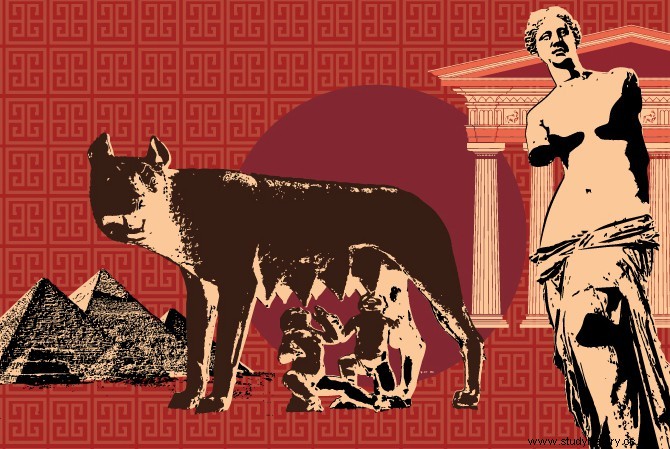
From the beginning, Christianity was preached in Greek, the international language, but also the language of culture of the time. The theology was based on the Jewish translation of the Bible into Greek, the Septuagint, already enriched by lexical and conceptual borrowings from Hellenism. However, Greek was never the sacred language of the Christians, who used the languages spoken where the mission progressed:Latin, Syriac and Coptic.
The anti-Christian polemic was the work of intellectuals rather than politicians, the Neoplatonic schools constituting the last bastion of resistance in the IV e century. This is the indirect proof that Christian authors proceeded to a re-reading of Plato and other philosophers by resorting to exegesis, a technique of interpretation of texts widespread from the I st century, and to allegory, a method of reading that facilitated intercultural rapprochements.
The philosophical course was eclectic:Justin, Father of the Church victim of a competing philosopher, had had his cynical period; the cynical Peregrinos, his Christian phase. The so-called “agonistic” culture, relayed by Homer and the Olympic Games, based Hellenism on the ideal of confrontation through emulation, which was condemned by preachers on the grounds of mythological roots. The prohibitions had no effect.
In 203, the Christian Perpetua had attended enough games to experience her martyrdom as a struggle against Evil. Christianization did not break with Greek culture, but it reversed the scale of values, substituting the evangelical ideal of service for the race for honours.
